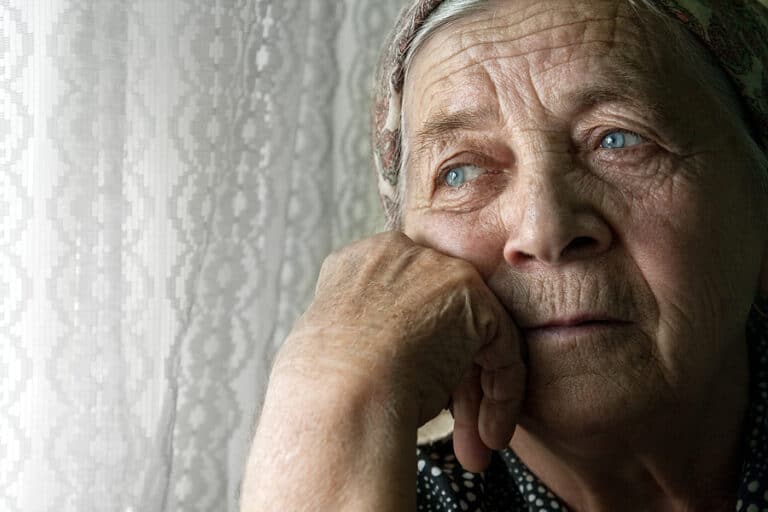As the seasons change and winter approaches, many seniors may find themselves battling Seasonal Affective Disorder (SAD). This mood disorder can affect people of all ages but can be particularly challenging for older adults. Its unique impact on seniors requires the senior home care team to adopt practical strategies to help seniors manage and improve their mental health during this time.
Understanding Seasonal Affective Disorder
Seasonal Affective Disorder (SAD) is a type of depression that occurs in a seasonal pattern, with symptoms typically manifesting in the fall and winter months. The primary cause of SAD is believed to be a lack of sunlight, which can disrupt the body’s internal clock and reduce the production of essential neurotransmitters like serotonin and melatonin.
Common symptoms of SAD include:
- Persistent sadness or low mood
- Fatigue and low energy
- Changes in appetite and weight
- Difficulty concentrating
- Sleep disturbances, often involving oversleeping
- Withdrawal from social activities
- SAD in Seniors
Seniors are particularly vulnerable to SAD for various reasons, such as changes in their physical health, decreased mobility, and social isolation. Here’s how SAD can manifest in older adults:
- Increased Vulnerability: Seniors may already be dealing with age-related health issues, which can make them more vulnerable to the effects of SAD. Managing SAD becomes more challenging when it’s layered on top of existing health concerns.
- Social Isolation: Older adults may be more isolated, especially during the colder months when outdoor activities become less feasible. Loneliness and a lack of social interaction can exacerbate SAD symptoms. Having senior home care assists in decreasing this isolation.
- Medication Interactions: Seniors often take multiple medications, and some may interact with or worsen SAD symptoms. It’s essential to discuss any concerns with a healthcare provider. At the same time, the senior home care team can help seniors manage their medication consistently.
Helping Seniors with SAD
Supporting seniors with Seasonal Affective Disorder is essential to maintaining their mental and emotional well-being during the winter months. Here are some practical tips to help them:
- Light Therapy: Light therapy boxes (or SAD lamps) can mimic natural sunlight and help alleviate SAD symptoms. Seniors can spend time in front of these lamps daily, especially in the morning, to boost their mood.
- Encourage Physical Activity: Promote regular exercise, which has been shown to improve mood and reduce SAD symptoms. Even gentle activities like walking or yoga can be beneficial. As seniors might struggle to add physical activity to their routine, the encouragement they receive from senior home care is key.
- Social Engagement: Seniors can also combat social isolation by engaging in social activities, whether in person or through virtual means.
- Maintain a Healthy Diet: Proper nutrition is crucial for mental health. Loved ones and the home care team can encourage seniors to maintain a well-balanced diet rich in fruits, vegetables, and whole grains, as this can have a positive impact on their mood.
- Emotional Support: The senior home care team offers a consistent listening ear and emotional support. Sometimes, just knowing that someone cares can make a significant difference in a senior’s mental health.
- Home Environment: Loved ones can help ensure that a senior’s living space is well-lit and comfortable. Things like light-colored decor, opening curtains during the day, and arranging the environment to maximize exposure to natural light are all good ideas.
Seasonal Affective Disorder is a real and challenging condition that can affect seniors more profoundly due to their unique circumstances. Support from home care and loved ones can help them through this trying time.
If you or an aging loved one are considering Senior Home Care in Cary, NC, please contact the caring staff at Affordable Family Care.
Serving Raleigh, Greensboro, and the surrounding areas in North Carolina. Call today (919) 676-1070
- The Benefits Of Home Care For Seniors With Arthritis - April 9, 2025
- Does Your Mom or Dad Need 24-Hour Home Care? - March 27, 2025
- Why Sun Protection Is So Important For Seniors - March 7, 2025







